Elmau, MINA – Indonesian President, Joko “Jokowi” Widodo called on the G7 and G20 countries to jointly overcome the food crisis that currently threatens people in developing countries to fall into extreme hunger and poverty.
“As many as 323 million people in 2022, according to the World Food Programme, are at risk of facing acute food insecurity. The G7 and G20 have a big responsibility to overcome this food crisis. Let’s fulfill our responsibilities, now, and from now on,” said Jokowi when conveying his views at the G7 Summit session II on the topic of food security and gender equality in Elmau, Germany on Monday.
According to the President, food is the most basic human rights issue. It is certain that women from poor families suffer the most from food shortages for their children and families.
“We must act quickly to find a concrete solution. Food production must be increased. The global food and fertilizer supply chain must return to normal,” he said.
Also Read: Turkiye Denies $393.7 Million Export Claims to Israel, Calls Reports ‘Disinformation’
In his speech, President Jokowi emphasized the importance of G7 countries’ support for the reintegration of Ukraine’s wheat exports and Russia’s exports of food and fertilizer commodities in global supply chains.
According to him, there are two ways to realize this. The first is that the facilitation of Ukraine’s grain exports can begin immediately. The second, according to the President, is proactive communication to the world public that food and fertilizer commodities from Russia are not subject to sanctions.
“This intensive communication is very necessary so that there is no prolonged doubt in the international public. This intensive communication also needs to be strengthened with communication to related parties such as banks, insurance, shipping and others,” he continued.
President Jokowi pays great attention to the impact of the war on food and fertilizer supply chains.
Also Read: EU: Situation at GHF Food Distribution Center in Gaza ‘Unacceptable’
“Especially for fertilizer, if we fail to handle it, then a rice crisis involving two billion people, especially in developing countries can occur,” said Jokowi. (T/RE1)
Mi’raj News Agency (MINA)
Also Read: Turkish and Iranian Presidents Meet in Azerbaijan






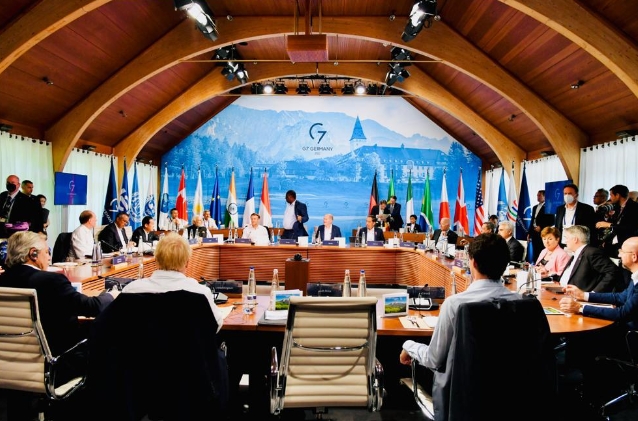


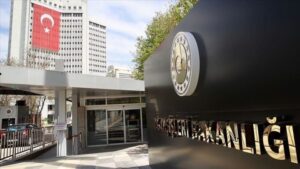
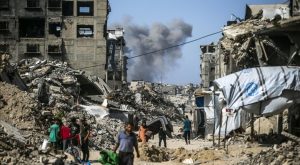


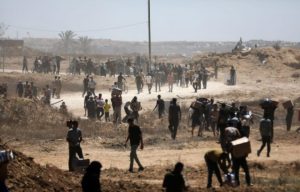
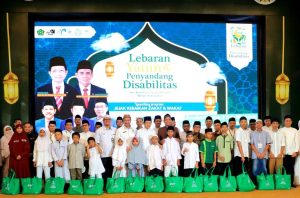

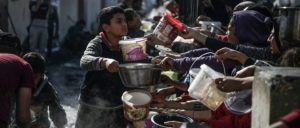
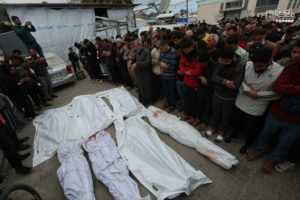


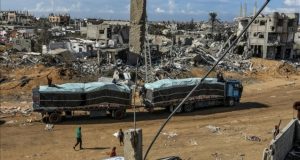





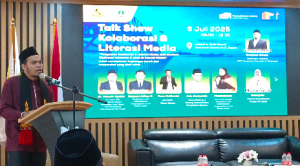
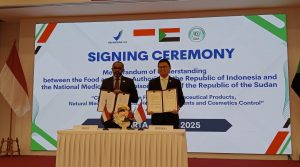
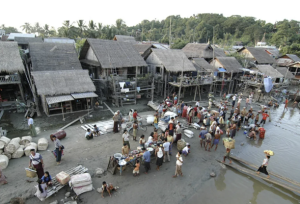

![MUI Chairman for Foreign Relations and International Cooperation, Sudarnoto Abdul Hakim (center) at the One Million Women for Gaza Press Conference entitled "Women Boycott Pro-Israel Products" held at the Swiss-Belinn Cawang Hotel, East Jakarta, Thursday (3/7/2025). [Photo: Arina/MINA]](https://en.minanews.net/wp-content/uploads/2025/07/20250703_144042-scaled-1-300x225.jpg)




 Mina Indonesia
Mina Indonesia Mina Arabic
Mina Arabic